A rainbow of Cheongsams, wide-brimmed Salakots and shimmering hip scarfs graced the stage during Saturday’s Asian Festival at Savannah’s Eastern Wharf.
The “Colors of Asia”, hosted by the city’s newly formed Asian American and Pacific Islander (AAPI) task force, marked the comeback of one of the area’s most beloved cultural celebrations. Once again, members of the AAPI community came together to celebrate a diverse array of cultures with dance, song, food and fellowship.
For years, Savannah’s Asian Festival took place at Armstrong State University (before the merger with Georgia Southern), showcasing performances such as Japanese Taiko drumming and Polynesian hula dancing. Due to a lack of funding the festival stopped after 2017's celebrations and was further waylaid by the COVID-19 pandemic, according to past organizers.
For many members of Savannah’s AAPI community, the festival’s return was long-awaited.
Re-engaging a sense of community
Saturday’s celebrations featured nearly four hours of performances including a Chinese Dragon Dance, martial arts demonstrations, the Filipino fan dance, musical ensembles, a Bollywood dance tutorial and more. At least 250 attendees watched on as many of the performers belted and strummed in the face of wind and sprinkling rain. Filipino dancers held down their Salakots (wide-brimmed hat) and musicians secured their sheet music to their stands.
In the midst of the program, gusts were strong enough to blow over a makeshift dressing room, but the show went on.
For Salwa Brannen, being able to belly dance on stage again as the wind whipped her scarves behind her felt freeing. Brannen's family immigrated from Lebanon and, as a child, she took belly dancing classes in Miami. When she moved to Savannah, she started performing in festivals such as the Asian festival.
“In real life, I’m more shy, but on stage, I can let loose,” said Brannen.
During this year’s celebrations, Brannen said she was able to, once again, enjoy a sense of community. Congregating with other performers and audience members gave her a “feeling of belonging and appreciation."
Brannen’s daughter, Aisha, who cheered at the front of the crowd during her mother’s performance, said she felt a sense of pride for both her mom and her culture. Aisha and her high school classmates each dressed in hip scarves to show their appreciation for the Lebanese tradition.
“It was a great way to display culture,” said Aisha, “My friends were super supportive too.”
Carrying tradition through an outfit
Aisha and her friends were among many attendees who donned traditional wear. Several others in the audience wore the form-fitting cheongsam, also known as qipao, the garment of choice during China’s 1920s to '60s.
Michelle Adams was dressed in a hanbok, a traditional piece of Korean clothing that’s usually worn on special occasions. Adams, who is a member of Savannah’s AAPI task force, said she picked out the navy and pink hanbok from her late mother’s closet before heading to the festival. Her mother last wore that piece to the Asian festival in 2016 before passing away that year, said Adams.
“She was part of the Korean Association and knew everyone,” said Adams, “They were really tight-knit.”
Adams grew up in a multicultural household – her father is African American and her mother is Korean – and spent a lot of her childhood on air force bases with a diverse set of classmates. She was used to an environment where most people around her came from different cultural backgrounds. Coming to Savannah, she said there was some “fitting in to do”, but her close friends were always interested by her family’s traditions, and her mom reciprocated.
“My mom was always welcoming people to come and eat and learn about Korean traditions and cultures,” said Adams.
Bringing back the Savannah Asian Festival pays homage to that spirit, she said. Events like these bring people together and encourage an “intermingling of cultures.”
Return of Savannah Asian Festival
The AAPI for Savannah task force was formed in December 2021 with the intention of building connections with the area’s AAPI population. The seven-member group serves as a liaison between the city and community members. Asians, Native Hawaiians and Pacific Islanders make up a small portion of the county’s overall population (about 3-4%), but the community is growing as the Southeast Georgia region develops and diversifies.
Savannah’s Asian population increased by around 3,000 members in 10 years, according to 2020 census data.
“We have the need and responsibility to make sure that we purposefully and constantly engage,” said Savannah Mayor Van Johnson at the announcement of the AAPI Task Force.
The formation of the group also came off the heels of a tumultuous few years for the AAPI community at large. A surge in violence against Asian Americans and Pacific Islanders throughout the country was being reported by Stop AAPI Hate, a coalition that aggregates these incidents.
Savannah was hit closer to home when a shooter killed eight people including six Asian women across Atlanta-area spas last March. Those violent events “expedited” the need to bring the AAPI community together and create a formal seat at the table with the city, said Mayor Johnson.
Whitney Gilliard, the task force chair, said the festival is the first of many events that will bring together the community. When the task force first came together they asked, what did the community need?
“We had a conversation about what is it that our community missed and what was a good representation prior, and that was the Asian festival," said Gilliard.
Much of the work ahead will consist of building relationships with people on the ground, she said. Savannah for AAPI began preparations for the festival in May. It was a hectic few months, said Gilliard, but they were able to pull together the program and showcase a variety of businesses as well.
Participating vendors included Filipino restaurant The Narra Tree, The Bombaecurry, Nom Nom Sushi Cart, East West Gallery antique store, Sakiko no Kimonya (vintage kimono and yuktata accessories), Sonal Patel Henna and Jewelry, Krishna Salon, Internal Medicine of Savannah and Penchant Education – Ming Jiang.
Organizations like BAPS Shri Swaminarayan Mandir Savannah and Migrant Equity Southeast (MESE) were also present.
Manjusha Sheobaran, who runs her baking business, The Bombaecurry, out of her home, hardly had a dull minute during the festival. Customers lined the tables covered in sweet treats with flavors like mango, pistachio, pumpkin chai and red bean mooncake. Sheobaran has been baking ever since she was a kid and all of her fondest memories were built around food.
“The first thing I learned to make was Chai. My parents drank it morning, noon and night,” said Sheobaran.
So, naturally, one of her first creations was the chai cupcake. Sheobaran describes her business as a fusion of Indian flavors with American desserts. Her line, moohmeetha, meaning "sweet in the mouth," explores traditional Indian sweet flavors in the form of a cupcake.
As a mother of two, she’s passing down the craft. Sheobaran continued to restock the tabletops, while her children and relatives helped man the Bombaecurry booth, selling moohmeethas right up until the performers took their last bow.


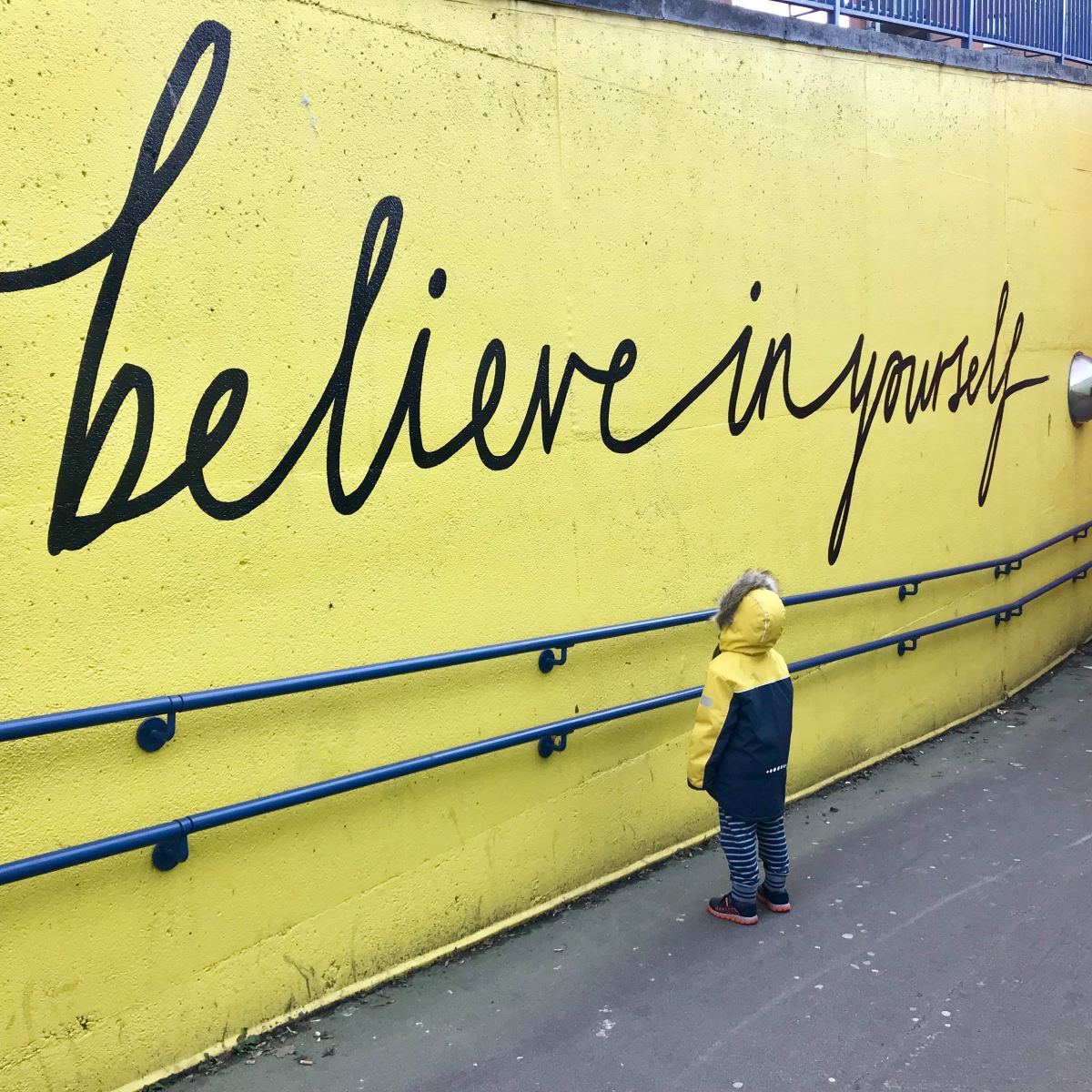

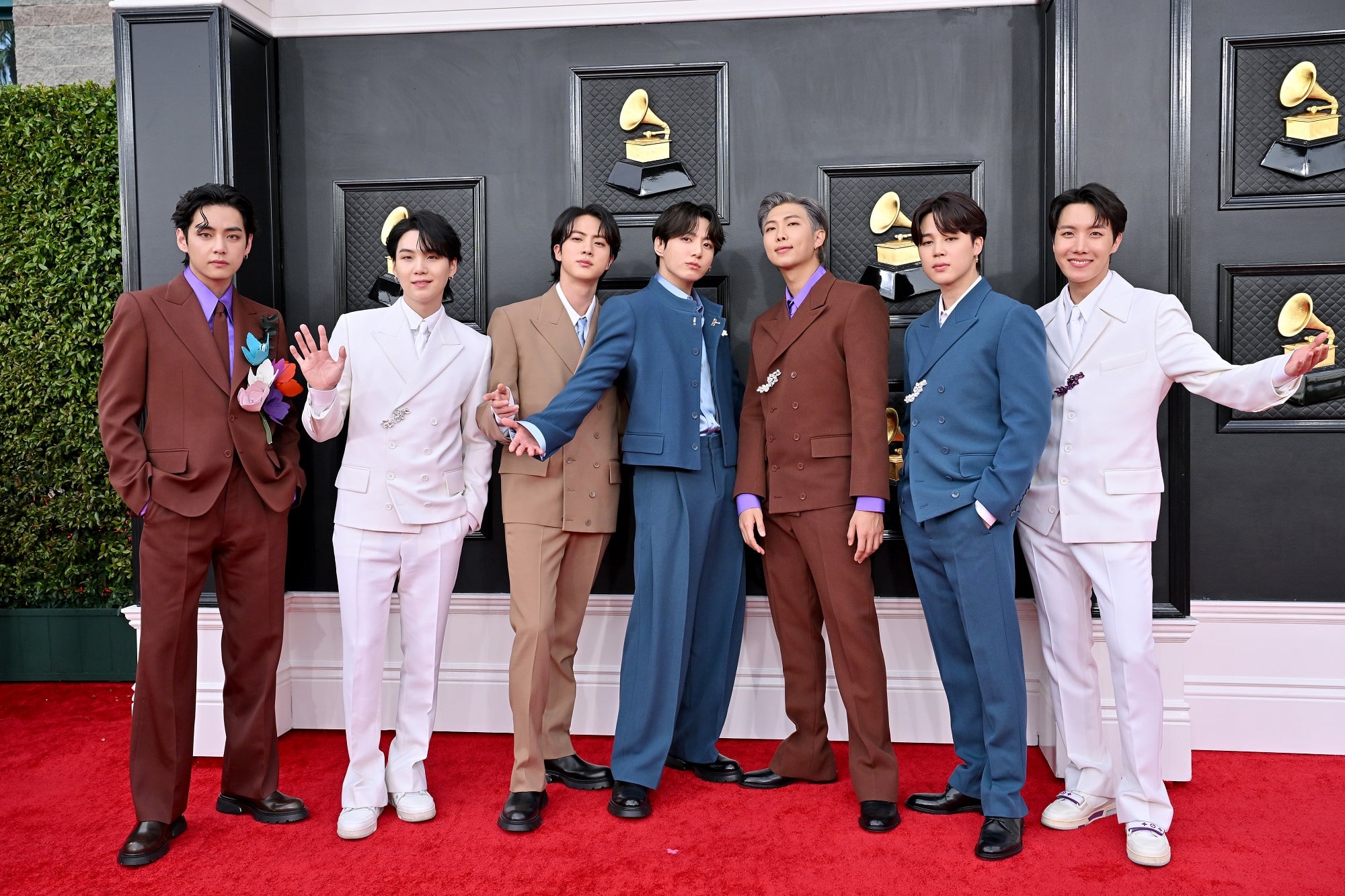
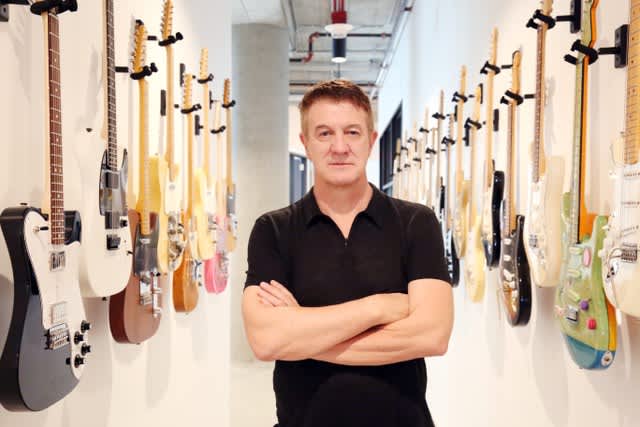
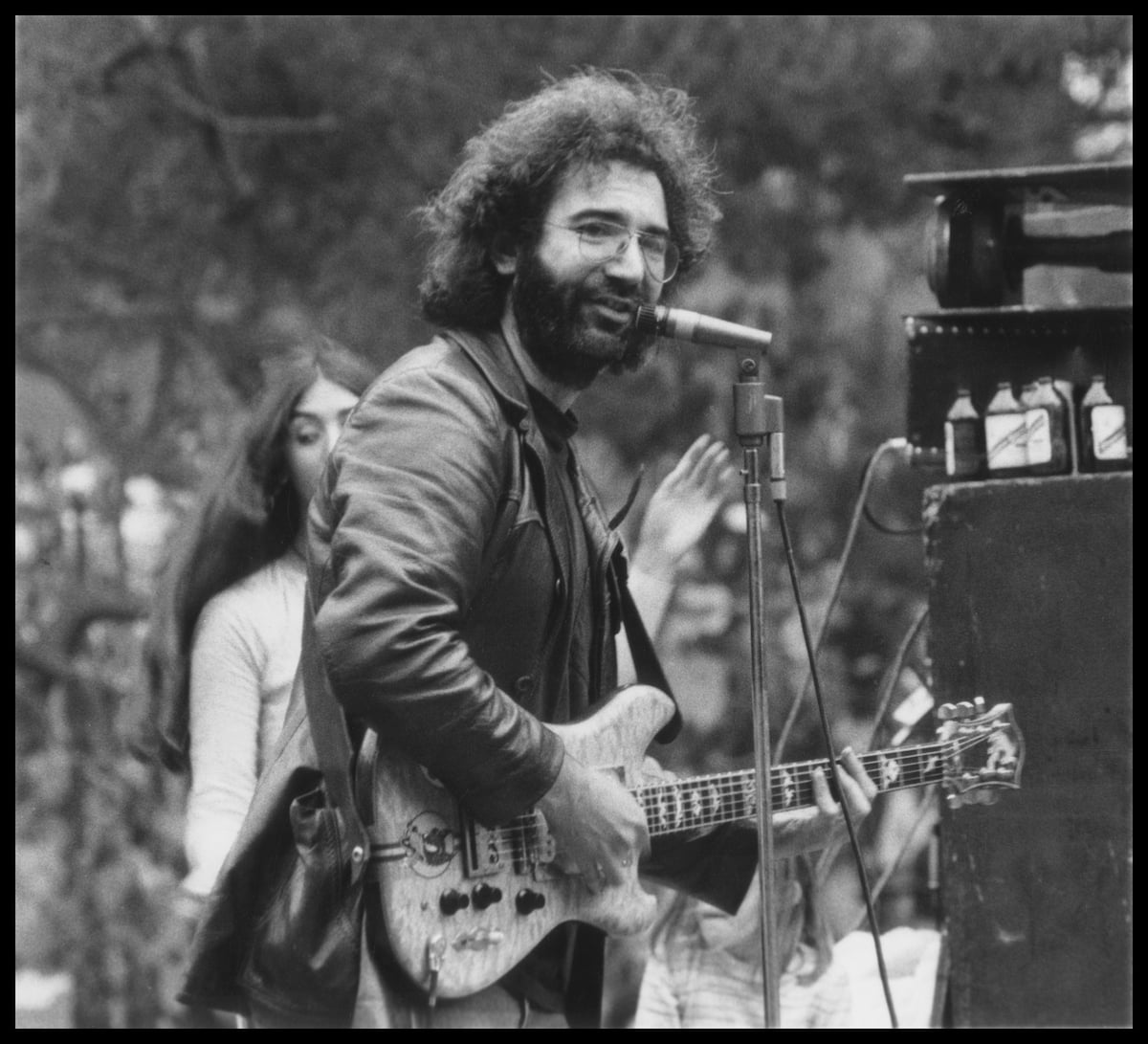
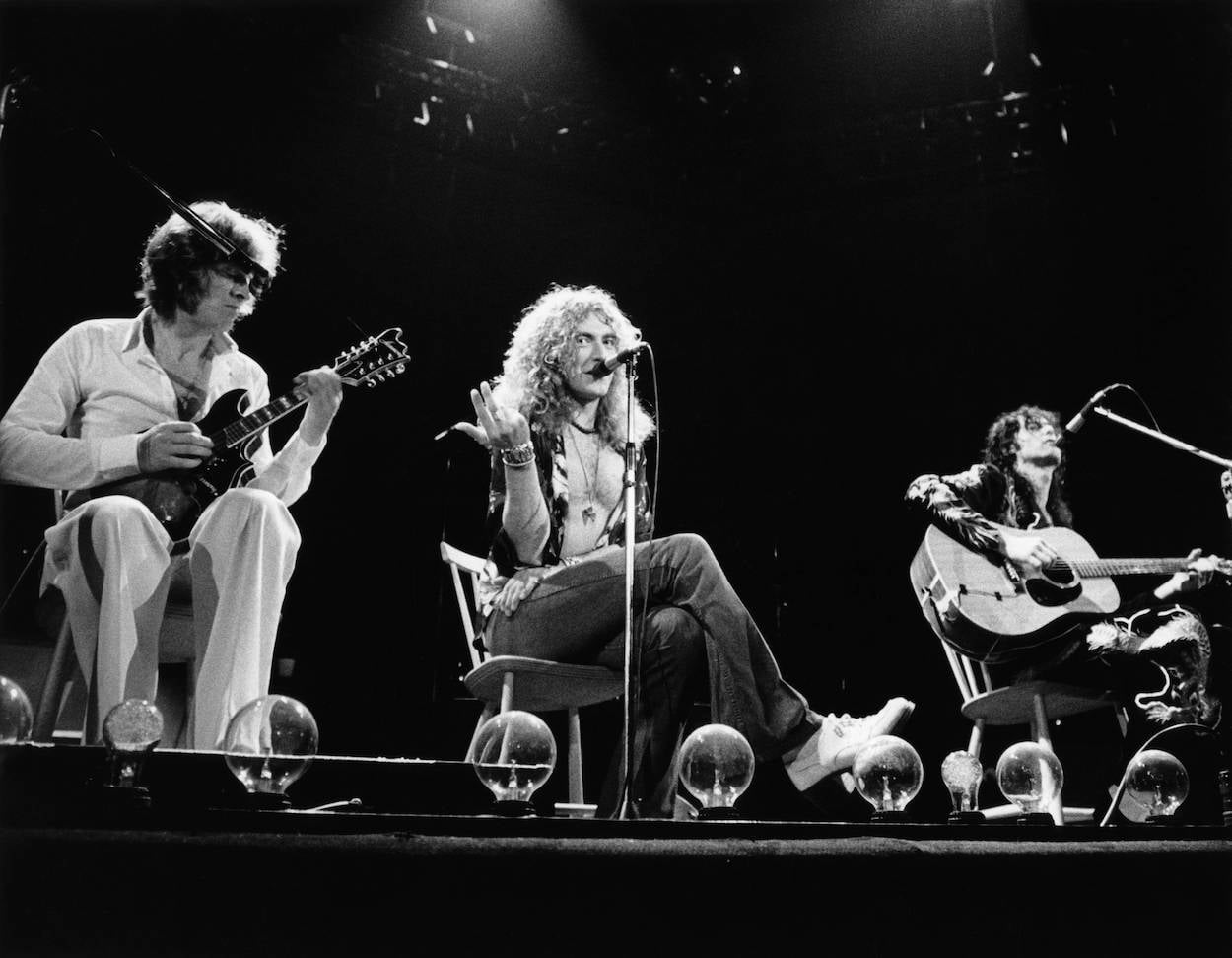
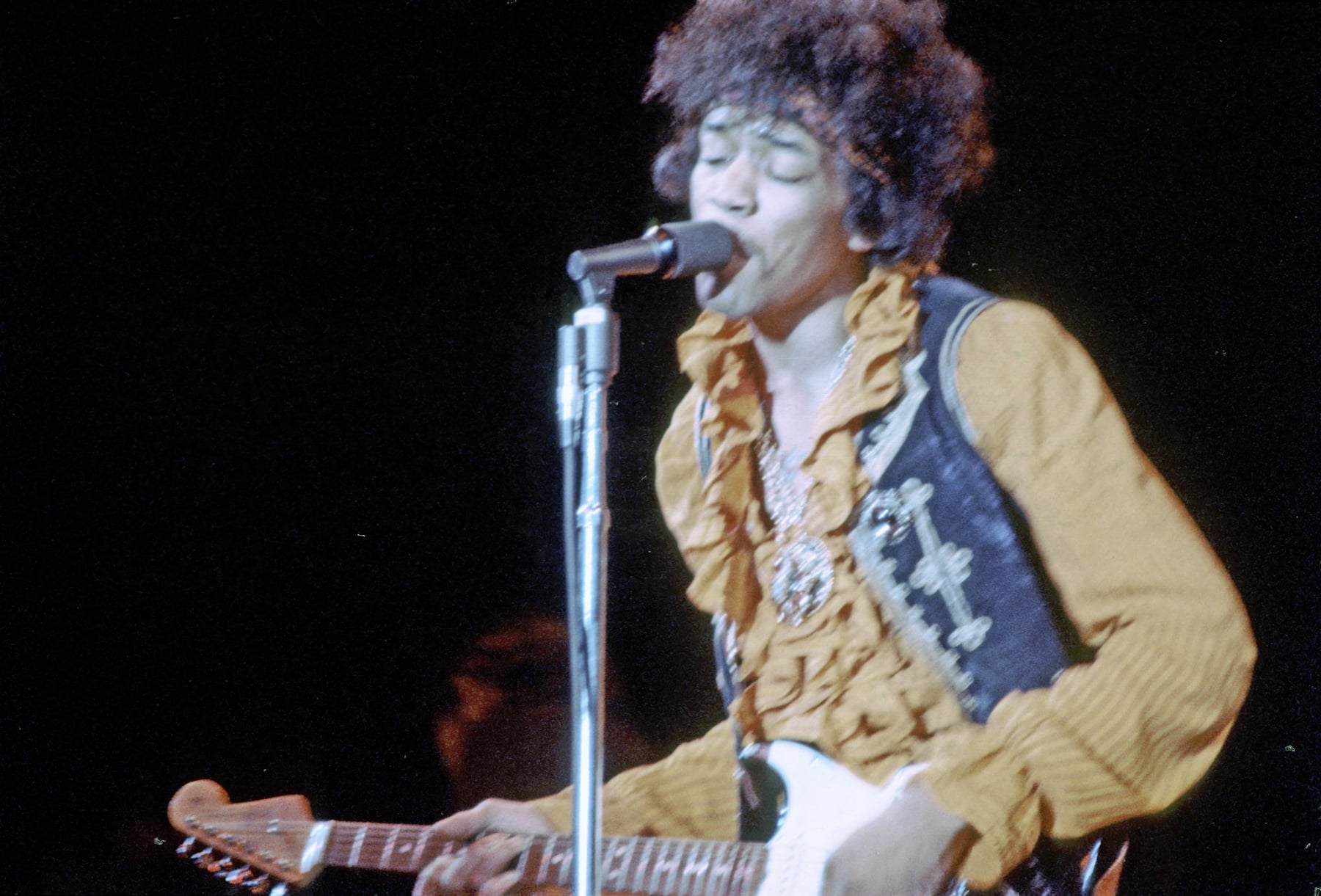




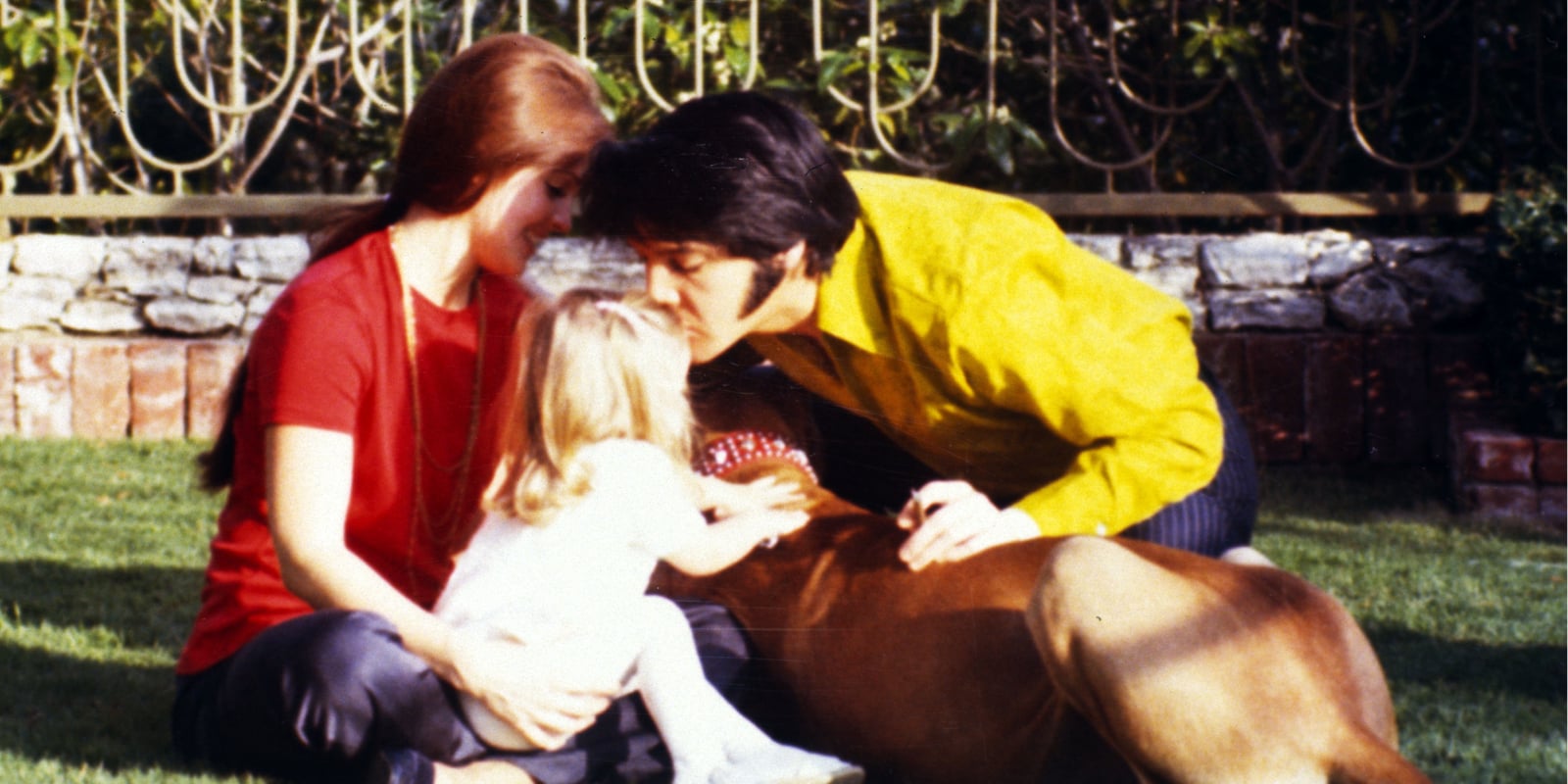


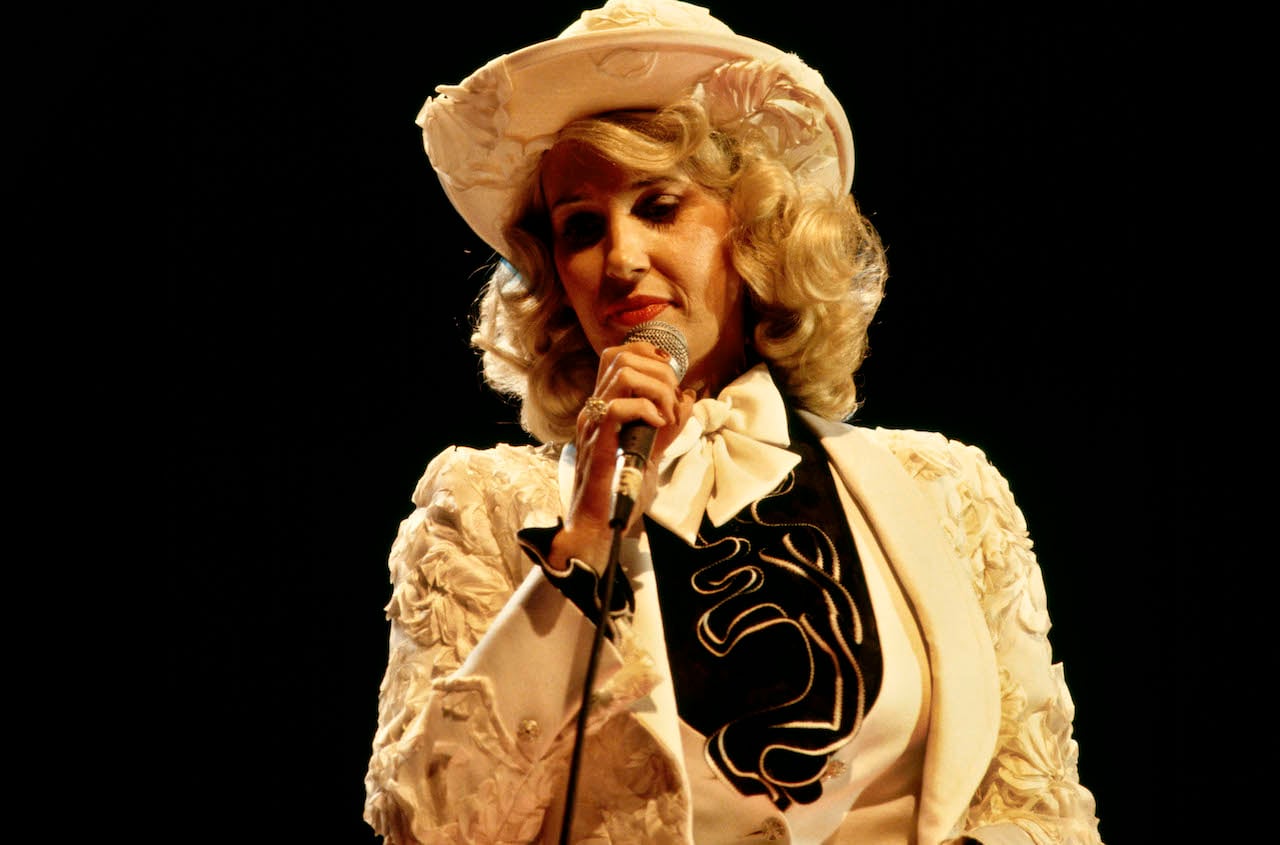
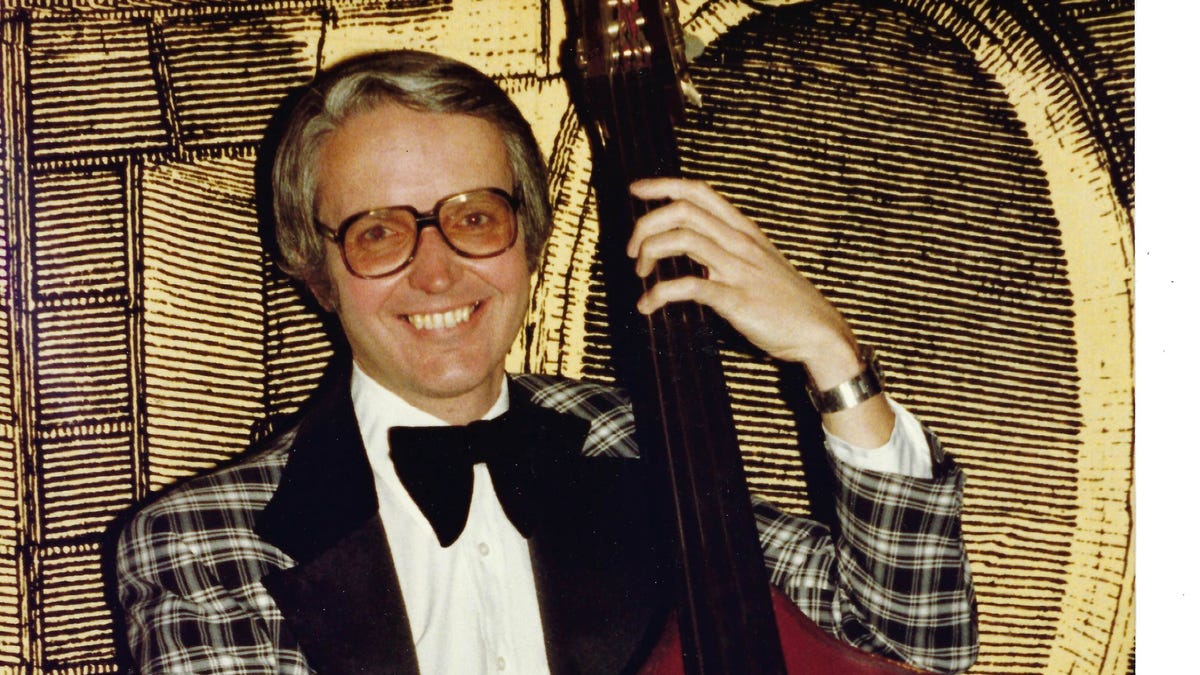

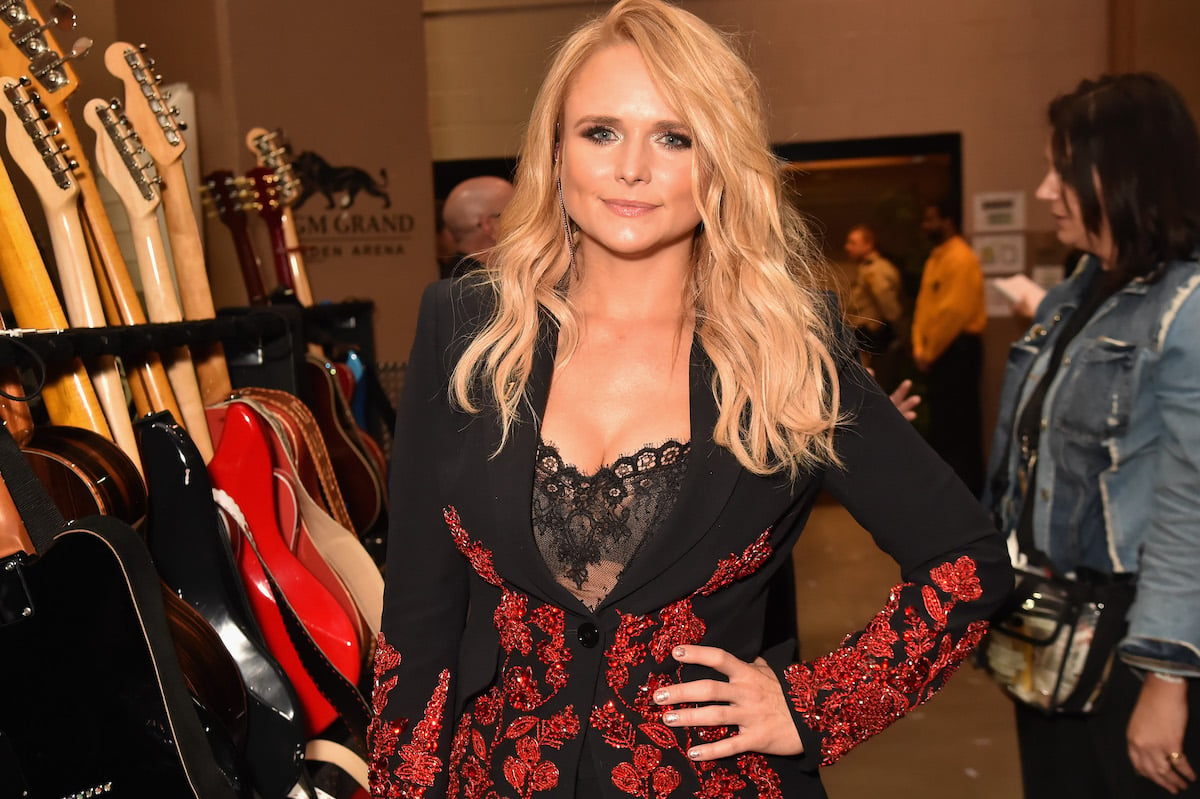
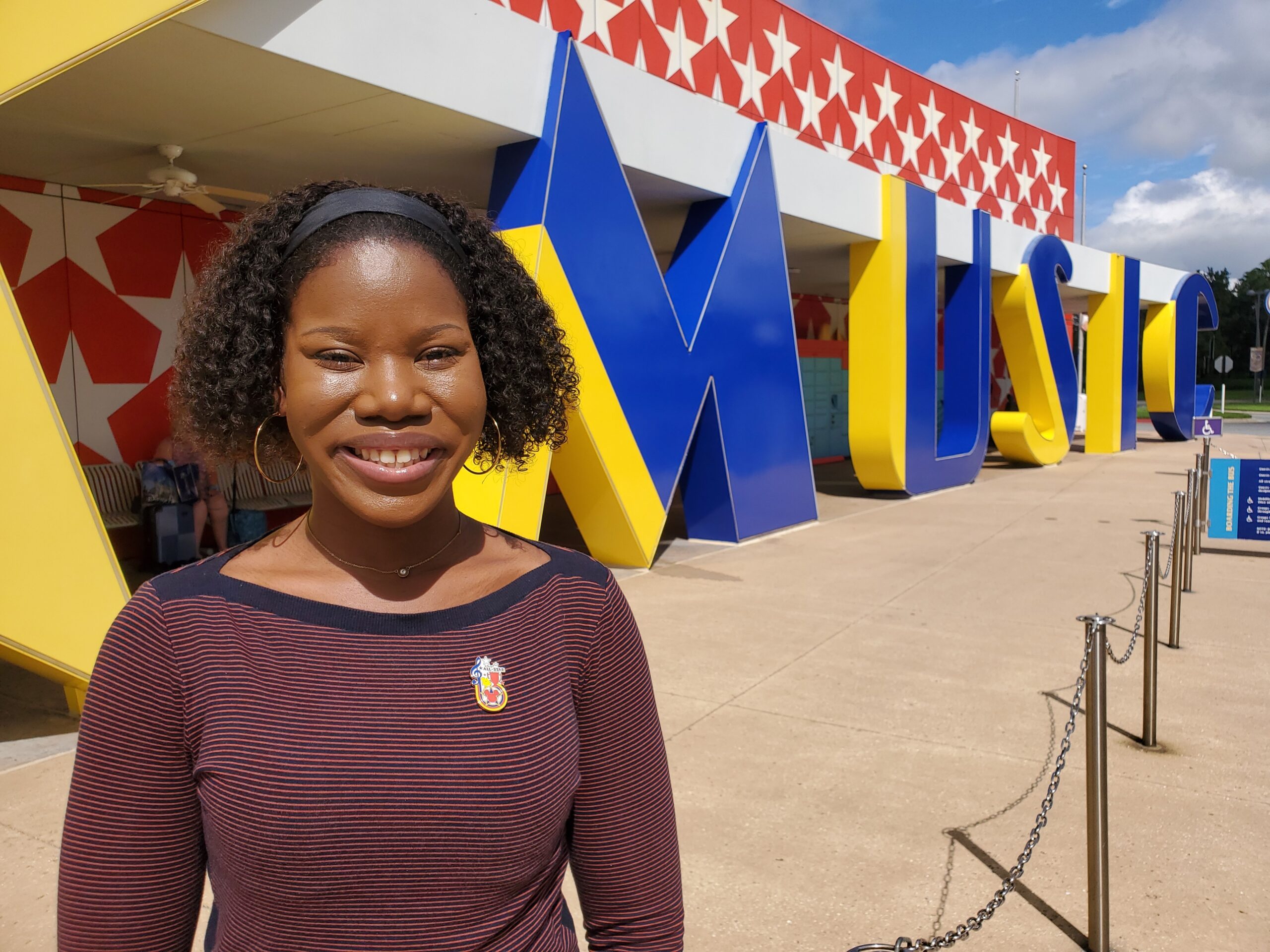
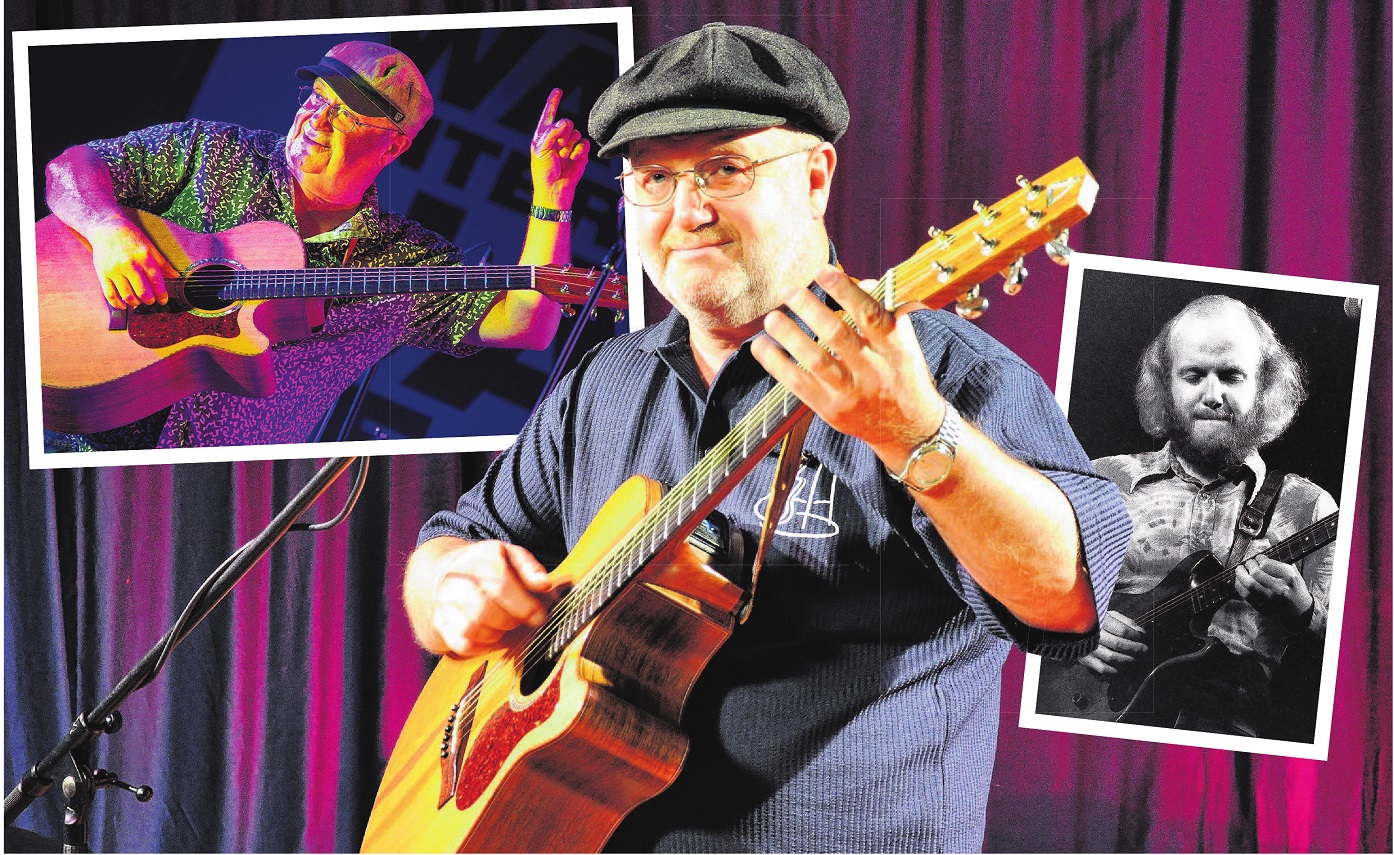

 English (US)
English (US)